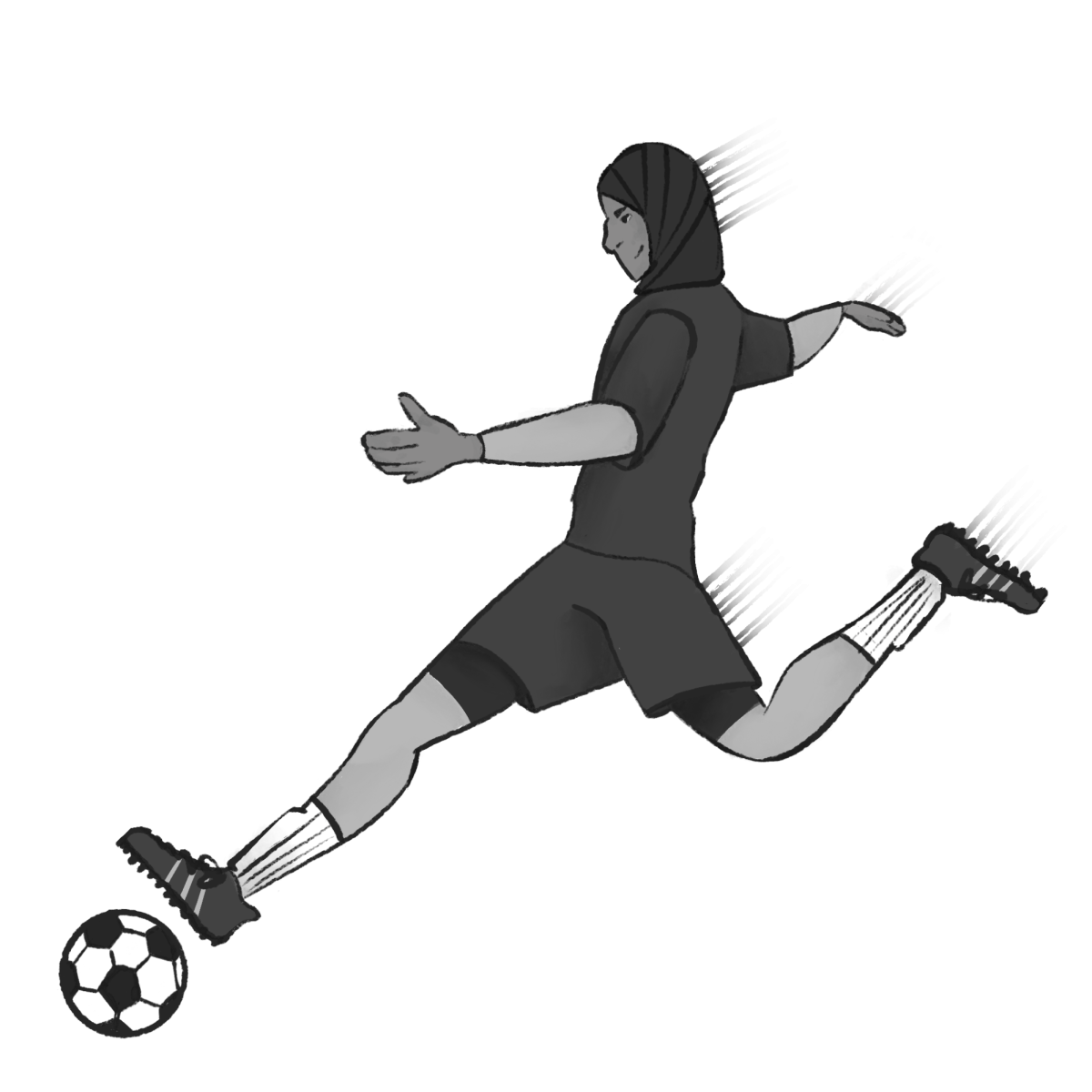Muslim athletes observing Ramadan face unique challenges as they balance their athletic commitments with religious practices. While fasting during the holy month may impact their physical performance, many SCHS athletes find ways to manage the mental and physical aspects.
Senior Didem Tokuz shared that the toll fasting during Ramadan can mentally affect student-athletes. Adjusting to the demands of both sports and fasting, he said, requires resilience and strategic planning.
“I think that tiredness affects you, even if it’s not physical. It’s mental, knowing that you’re going to be tired and performing worse than you would have. The mentality gets you,” Tokuz said.
Senior Sheila Begovic, however, has had different experiences. She highlighted how fasting has positively impacted her athletic performance in the long run.
“It definitely affects my endurance a lot, but I think it’s also helping me get faster when I’m not fasting and get better,” Begovic said.
While fasting can be physically demanding, some athletes find that it becomes more manageable over time. Freshman Zainab Shannan acknowledged the challenges of fasting while staying active, emphasizing that the experience itself is not as difficult as it might seem, despite the common sentiment.
“I feel more tired, and knowing I can’t drink water after doing something makes me feel weaker,” Shannan said. “But it’s actually not that bad once I get through it since I don’t usually drink much water even when I’m not fasting.”
Senior Minseo Kanota echoed a similar sentiment, sharing how she modifies her training routine during Ramadan to manage the physical challenges.
“During Ramadan, I modify my training by doing less cardio as it makes me thirsty,” Kanota said. “But even with less intense workouts, I feel like the discipline I build while fasting translates into improved performance when I’m not fasting.”
As athletes juggle the physical and mental challenges of fasting, they emphasized the importance of listening to their bodies and pacing themselves. They believe balancing training, fasting and hydration is essential to staying energized and performing at a high level during Ramadan.
Tokuz advises athletes to listen to their body’s signals and adjusting one’s approach is key to managing athletic demands.
“If you have any health concerns or if you tend to do practices – especially if it’s outdoors, and being outside affects you – then take it slow,” Tokuz said. “If you’re fasting, it’s important to listen to your body. If you have any health concerns related to the sport and fasting, just take it easy and pace yourself.”
Similarly, Shannan advises proper planning to help athletes stay energized and avoid burnout.
“Eat a lot of food during the week, and drink plenty of water because you need to stay hydrated throughout the day,” Shannan said. “Also, try to space out your activities and not overdo it. Start slow and just take it easy at first. You want to make sure you’re doing enough to keep up but not pushing yourself too hard.”
Kanota also believes in proper planning because adjusting routines to match personal energy levels while fasting will make it manageable.
“Eat well and try to fast as much as possible during your sport. There are always ways to work around fasting as an athlete. It’s definitely manageable to fast and still perform well if you plan accordingly,” Kanota said.
To support Muslim athletes observing Ramadan, Tokuz encourages teammates to maintain an understanding mindset.
“They might not perform as well, but it’s important to respect that they’re choosing to do this for their religion,” Tokuz said. “If they need to take breaks, allow them to. Make exceptions for those who need them.”
Shannan also noted that friends as well as coaches should strive to build supportive communities that assist athletes observing Ramadan.
“Coaches should let Muslims take breaks during their training and not put too much pressure on them. Let them know it’s okay to be a little bit tired,” Shannan said.
The experience of fasting during Ramadan holds significant personal and cultural meaning for some athletes. For Tokuz, fasting is about honoring her faith and values more than it is a physical challenge.
“It’s an important part of my religion and my cultural values, and it also pushes me, knowing that people I know are also Muslim,” Tokuz said. “It’s a part of everything that I have in life.”


